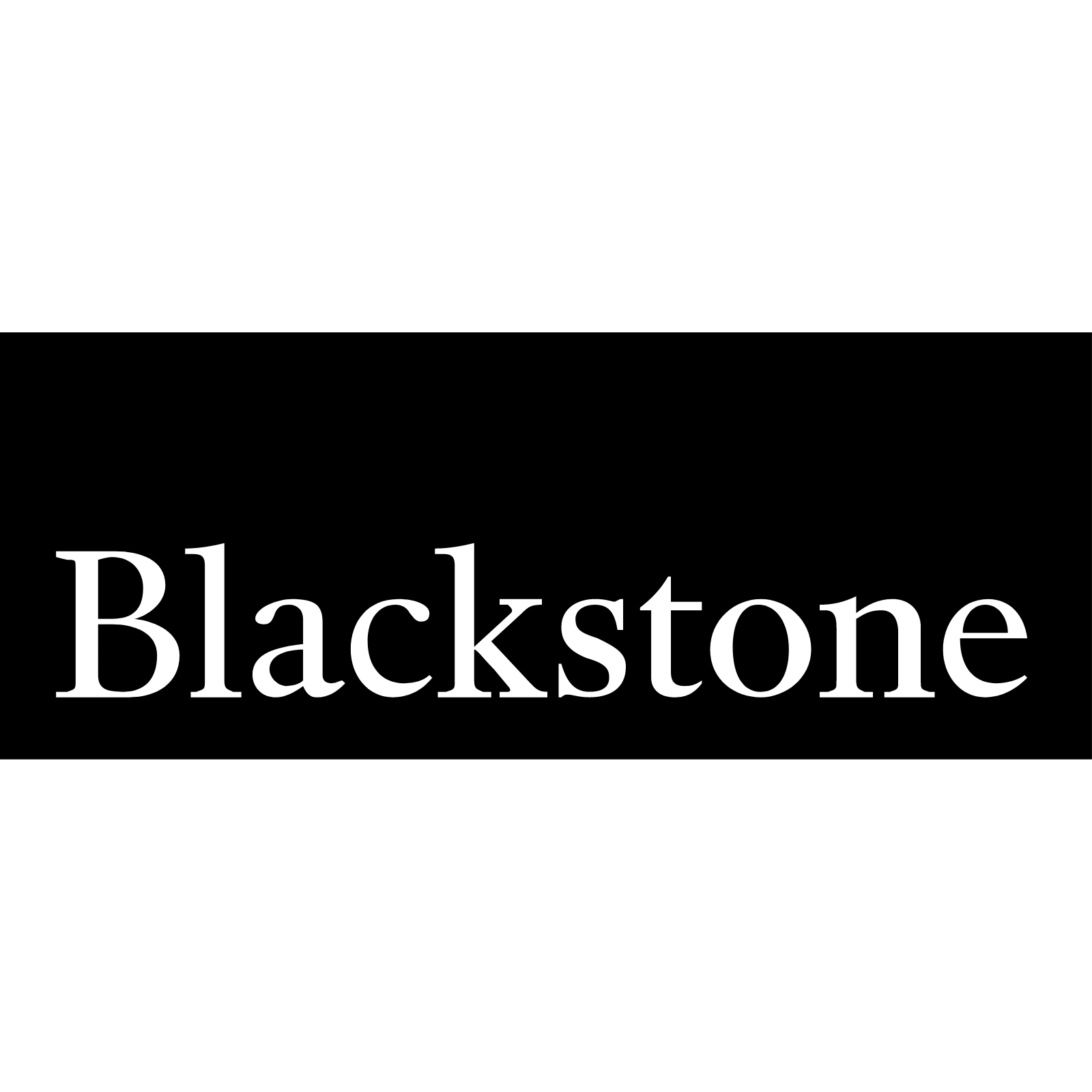- Home
- General Economy
- Bank of England hits the UK ec ...
The Bank of England (BoE) warned that the UK will be faced with the most exhausting recession and will see the biggest cost of borrowing money since 1989.
- The BoE is planning on seeing unemployment reach 6.5%, doubling its current level.
- By making money more expensive to borrow, not only will this profit money lenders, it should guarantee the economy to stabilise as there will be less spending.
- Rapidly-increasing costs of living have sadly become the status-quo.
- The increased cost of food, power, and other goods, was caused by the Russian-Ukraine war.
- Therefore, the BoE must decrease the inflation only by making the price of borrowing money more expensive (or at least, it can start out by doing that).
- These steps were taken to decrease overall economic activity as it goes hand-in-hand with inflation.
Key points:
The BoE starts by increasing its own rate, known as the base rate, subsequently increasing the price for all other UK rates like loans or mortgages. As a consequence, less people will be able to purchase houses as requirements will be not only higher, but much more strict than before.
Reserve ratios have also increased by 2% in the past few months (from 10-12%), meaning that banks are legally obliged to hold 12% of their money.
What does this mean?
For every pound the bank has, it must hold £0.12 in its reserve and can only lend £0.88 of each pound. Banks are required to hold this money in case of any sudden withdrawals of money and in case they need to pay off liabilities. (This is also part of the BoE’s monetary policy to reduce the amount of money in circulation, decreasing spending altogether)
Inflation is so high right now primarily because of the energy shortage. Businesses have also seen increases for their goods and services, decreasing consumption from their client and business channels too.
Our sentiment
The economy does not seem to be in the healthiest of places at the moment, but it won’t get better any time soon. Like we previously mentioned in our Blackstone insight, recovery is not in sight. Higher reserve requirements tend to suggest that there are too many people buying too many things at inflated prices. This also suggests that banks fear an imminent recession because of how much money is being stored away. They also fear that people will have an impromptu change of mind to withdraw money from their accounts so that banks do not lend it to other people. Not only that, the public will now tend to save money rather than spending it because it is much more expensive to borrow than to lend.
Poll
Search
Recent Post
$APPL Equity Q2 2023 Report
- October 5, 2023
- 9 min read
Apple 2023 Executive Summary
- October 4, 2023
- 5 min read
M&A: Announced Pfizer Aquiring Seagen
- October 3, 2023
- 4 min read




